
Whiteness Project
Whiteness Project is an interactive investigation into how Americans who identify as white, or partially white, understand and experience their race.
Whiteness Project is conducting interviews with people from all walks of life and localities in which they are asked about their relationship to, and their understanding of, their own whiteness. Each video interview is paired with a statistic that provides a greater societal context and offers an opportunity for self-reflection by the audience on their own thoughts about race.
Whiteness Project’s first installment, Inside the White/Caucasian Box, is a collection of 21 interviews filmed in Buffalo, NY in July 2014 and released in October 2014. The latest installment, Intersection of I, is a collection of 23 interviews filmed in Dallas, Texas in July 2015 and released in April 2016. This second installment features a cross-section of Millennials, ages 15-27, who share their views about race and identity. The project is ongoing and we are in production on additional installments.
By engendering debate about the role of whiteness in American society and encouraging white Americans to become fully vested participants in the ongoing debate about the role of race in American society, Whiteness Project aims to inspire reflection and foster discussions that ultimately lead to improved communication around issues of race and identity.
Join the conversation with #WhitenessProject and follow us on social media.
CONTACT US
info@whitenessproject.org
Funding provided by:

Although white people and white culture have been the dominant societal and political forces in our country since its inception, there has been relatively little self-conscious examination of whiteness as a unique racial identity, how white Americans experience their whiteness, and how white culture shapes our society. Most people take for granted that there is a white race in America, but what does it mean to be white? Can it be genetically defined? Is it a cultural construct? A state of mind? An ethnicity or a race? How does one come to be deemed white in America and what privileges does being perceived as white bestow?
Whiteness Project is a multi-platform media project that examines both the concept of whiteness itself and how those who identify as white, or partially white, process their racial identity. The project’s goal is to engender debate about the role of whiteness in American society and encourage white Americans to become fully vested participants in the ongoing debate about the role of race in American society.
After almost two decades of making films with my black producing partner, Marco Williams, I have come to believe that most whites, especially liberal whites, see themselves as outside the American racial paradigm - that their race is a passive attribute, as opposed to something that impacts almost every aspect of their lives. I believe this makes it difficult for many white people to empathize with people of other races and see their experiences as parallel to their own.
I do not claim to have clear answers about how best to challenge the structural racism that is woven through our country’s public and private institutions, nor do I have a specific agenda beyond my desire to create media that will challenge white people to become more self-reflective. I simply have found that honestly examining the role my racial identity plays in my day-to-day life, and, in fact, how it has shaped my life’s entire arc, has been incredibly illuminating and enhanced the quality of all my relationships, regardless of the ethnic make-up of those involved.
I believe that the country is not only ready for a discussion on whiteness, but is hungry for it. Although, it is hard to imagine any other white-majority country embracing and celebrating the wide range of ethnicities, races, and cultures that make up the nation, let alone electing a biracial president to govern them all, deep racial fissures exist in American society, and we are confronted with examples of inequality, prejudice, and structural racism on a regular basis. My experiences working on this project have repeatedly shown me that when white people honestly engage on this topic, it makes all discussions about race more productive and opens conduits to understanding that ultimately help to advance a culture of true equality.
Whitney Dow
New York, 2016
@whitneybdow
whitneydow.com
Produced in association with American Documentary | POV
WHITENESS PROJECT
Whitney Dow Project Creator
Michelle Byrd Executive Producer
Naomi Ranz-Schleifer Associate Producer
Michael Brown Coordinator
Asya Gorbacheva Assistant Editor
Patrick Seaman Studio Intern
KUDOS Design Collaboratory™
Strategy, design, and development
John Kudos Creative Director
Sumit Paul Interaction Designer
Chris Manlapid Developer
Nasim Mirzai Design Coordinator
FOR POV
Adnaan Wasey Executive Producer for POV Digital
Justine Nagan Executive Director for POV
Chris White Executive Producer for POV
Emma Dessau Senior Producer for POV Digital
CRITICAL COLLABORATORS
Peter Bearman INCITE
Michael Rock 2x4
Ada Tolla & Giuseppe Lignano LO-TEK
Marco Williams Hip Truth Productions
DALLAS
DALLAS PRODUCTION TEAM
Mark Birnbaum Segment Producer
Raoul Torresi Director of Photography
Pete Verrando LLC Sound Mixer
Harrison Snow Assistant Producer
Sergei Krishkov Researcher
Alexia Poscente Talent Coordinator
Christian Salinas Production Assistant
Chandler Moke Production Assistant
FOR KERA DALLAS
Mary Anne Alhadeff President and CEO
Sylvia Komatsu EVP, Chief Content Officer
Joe Bellotti Manager Production Services
FOR POV
Adnaan Wasey Executive Producer for POV Digital
Chris White Executive Producer for POV
Justine Nagan Executive Director for POV
Emma Dessau Senior Producer for POV Digital
Yvonne Kouadjo Web Producer for POV Digital
Julia Pyke Intern
Katharine Milbradt Intern
Benjamin Barba Lopez Intern
Ruohan Xu Intern
Kendall George Intern
BUFFALO
BUFFALO PRODUCTION TEAM
J. Garrett Vorreuter Field Producer/Sound
Shannon Madden Cinematographer
Scott Rubin Coordinator
Corina DeFabbio Grip
Garrett Weinholtz Post Production Color
Asya Gorbacheva Editorial Assistant
Clementine Dow Production Assistant
Harrison Snow Production Assistant
FOR WNED BUFFALO
Donald Boswell President
Phil Teibel Production and Facilities Manager
Lauren Mosier Studio Production Assistant
Aaron Ferguson Studio Production Assistant
FOR POV
Adnaan Wasey Executive Producer for POV Digital
Simon Kilmurry Executive Producer for POV
Emma Dessau Web Producer
Sayeh Gorjifard Intern
Shako Liu Intern
Chaska Rojas-Bottger Intern
INTERSECTION OF I INSTALLATION
Whitney Dow Project Creator
Michelle Byrd Executive Producer
Naomi Ranz-Schleifer Producer
Michael Brown Coordinator
Asya Gorbacheva Assistant Editor
Patrick Seaman Studio Intern
Architectural Design and Construction
Ada Tolla & Giuseppe Lignano Architects, LOT-EK Architecture
Sara Valente Project Architect, LOT-EK Architecture
Terence Caulkins Arup Audio Visual Design
Digital Design and Programming
John Kudos Creative Director
Chris Manlapid Programming
Nasim Mirzai Design Coordinator
Site powered by:
Data
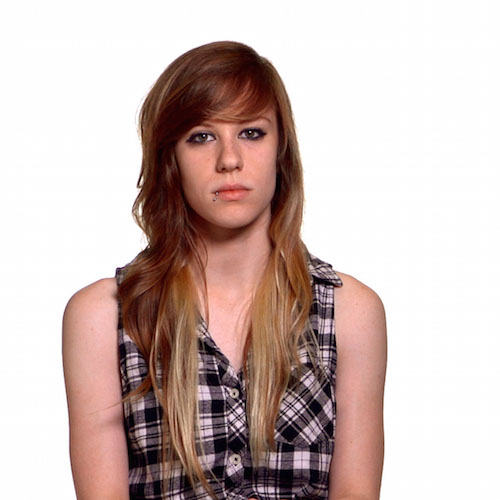
26% of whites see racism as an issue in their community but feel there’s not much they can do about it.
today.yougov.com www.huffingtonpost.com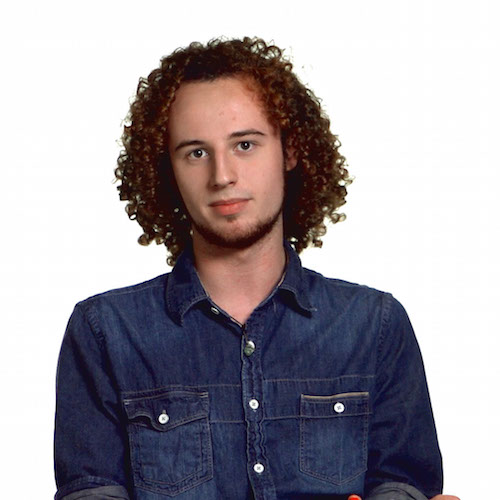
7% of the 35 million Americans of Hispanic origin changed their race from “some other race” in the 2000 census to “white” in the 2010 census.
www.pewresearch.org
6.9% of U.S. adults have at least two races in their background.
www.pewsocialtrends.org
94% of Jewish Americans say they are proud of their religion.
www.pewforum.org
51% of white Americans think slavery is “not a factor at all” in the lower average wealth of black Americans.
today.yougov.com
White men are six times less likely to be incarcerated than black men.
www.pewresearch.org
70% of millennials say they don’t see racial minority groups any differently than they see white people.
cdn.lookdifferent.org
15% of whites say they have a lot of friends of different races.
www.nationaljournal.com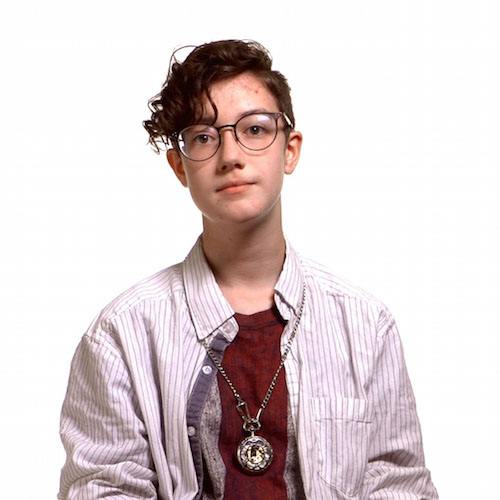
Black students in Texas public school are 31% more likely to be subjected to disciplinary action than white students, despite being no more likely to commit serious offenses.
www.texasappleseed.org csgjusticecenter.org
23% of multiracial adults say their family’s country of origin is essential to their personal identity.
www.pewsocialtrends.org
73% of millennials believe never considering race would improve society.
cdn.lookdifferent.org
39% of white Americans have a favorable view of Arab Americans.
d3n8a8pro7vhmx.cloudfront.net
In pre-scouting reports for the NFL, white players are described as “smart” 2.6 times more often than black players.
deadspin.com
84% of millennials say their family taught them that everyone should be treated the same, no matter what their race.
cdn.lookdifferent.org
58% of white millennials believe that discrimination against whites has become as big a problem as discrimination against people of color.
publicreligion.org
60% of multiracial adults say they are proud of their backgrounds.
www.pewsocialtrends.org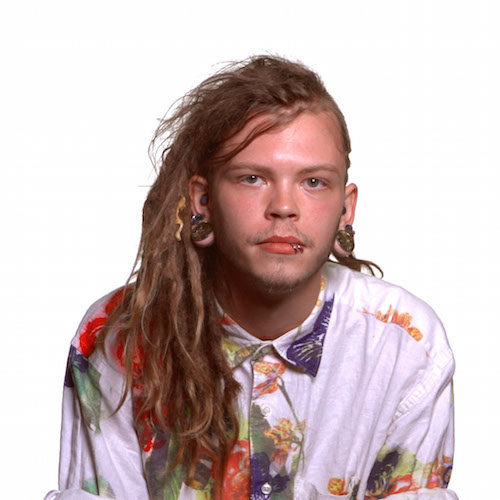
72% of millennials say their generation believes in equality more than previous generations.
cdn.lookdifferent.org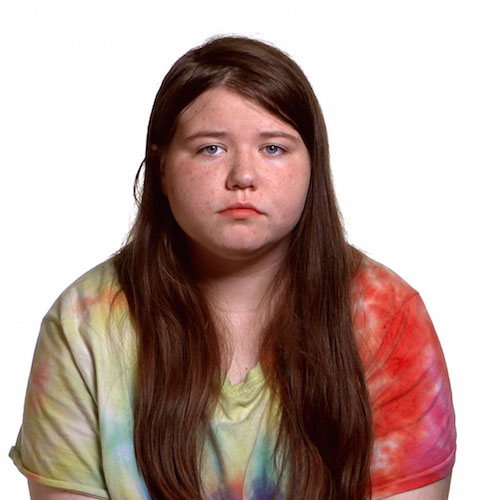
White students make up 62% of the student population at public colleges. They receive 73% of all merit-based grants.
www.finaid.org
54% of millennials have dated outside their racial group.
fusion.net
63% of those raised in the top quintile in terms of income remain in the top half as adults.
www.pewtrusts.org
78% of millennials say that everyone has a responsibility to help tackle bias.
cdn.lookdifferent.org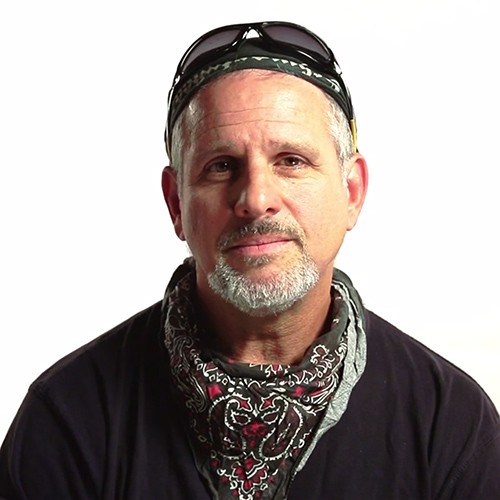
30% of US jail cells holding more than one inmate are integrated by race.
tpj.sagepub.com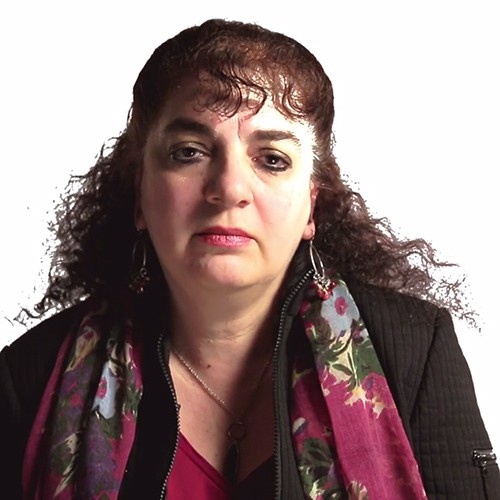
60% of white Americans say race relations are “generally good.”
www.cbsnews.com
Between 2000 and 2010, the percentage of Americans who said they were “white” and at least one other race increased 25%.
www.census.gov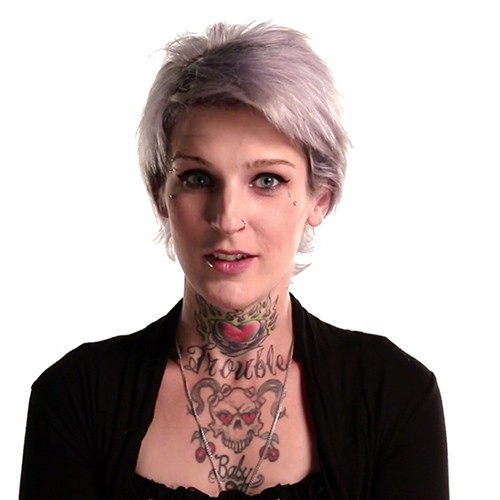
The Civil Rights Act of 1964 doesn’t protect the 20% of white American adults with tattoos.
www.harrisinteractive.com www.eeoc.gov
The 10 most segregated cities in the country: Milwaukee WI, Detroit MI, Cleveland OH, New York NY, Buffalo NY, St. Louis MO, Chicago IL, Birmingham AL, Reading PA, Gadsen AL.
www.businessinsider.com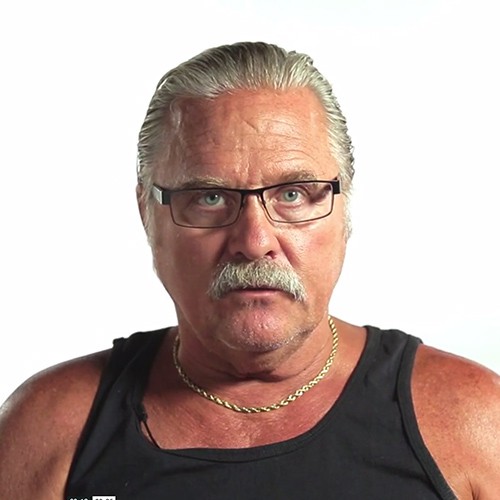
26% of white Americans say the successes minorities achieve in business and education are perceived as being due to racial preferences.
www.people-press.org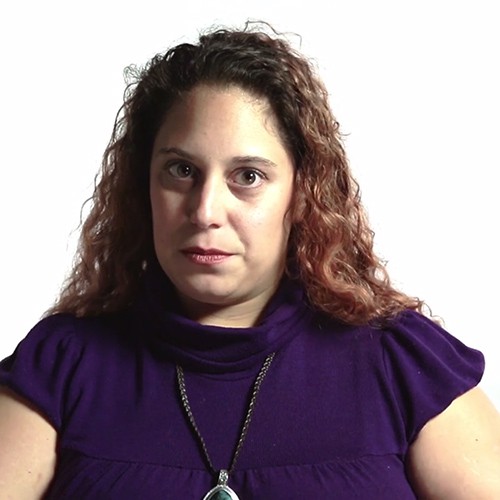
7 out of every 10 members of the U.S. House of Representatives are white men.
fivethirtyeight.com clerk.house.gov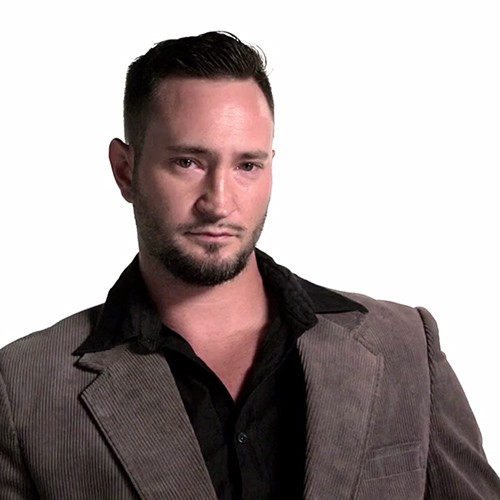
6% of white Americans think descendents of slaves should be paid reparations.
today.yougov.com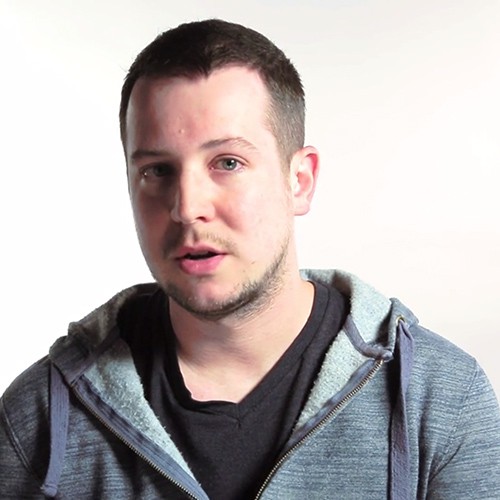
75% of white Americans say they come in contact with “a few” or “no” black people on a regular basis.
www.nytimes.com
More than 40% of white Americans say “many” or “almost all” black men are violent.
themonkeycage.org
94% of U.S. Jews identify as white. White Americans view Jews more positively than members of any other major religion.
www.pewforum.org www.pewforum.org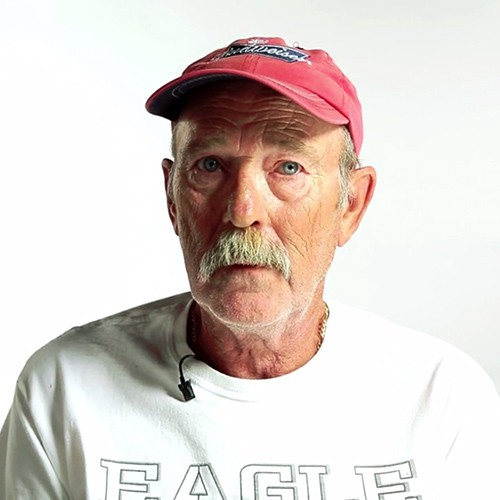
60% of working-class white Americans believe discrimination against whites is as big a problem as discrimination against minorities.
publicreligion.org
70% of white millennial Americans did not grow up in families that talked about race.
cdn.lookdifferent.org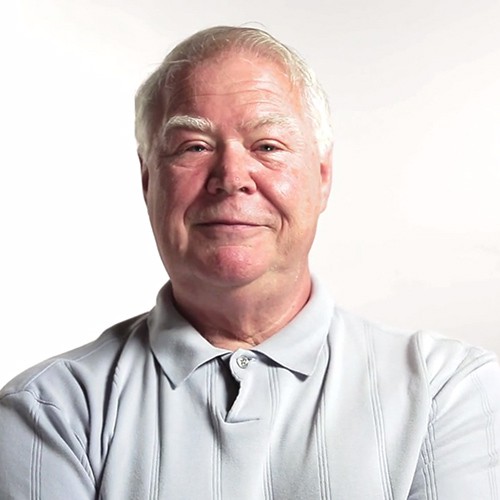
88% of white Americans oppose preferential hiring and promotion of blacks.
igpa.uillinois.edu
72% of white Americans identified as “white alone” in the 2010 U.S. Census.
www.census.gov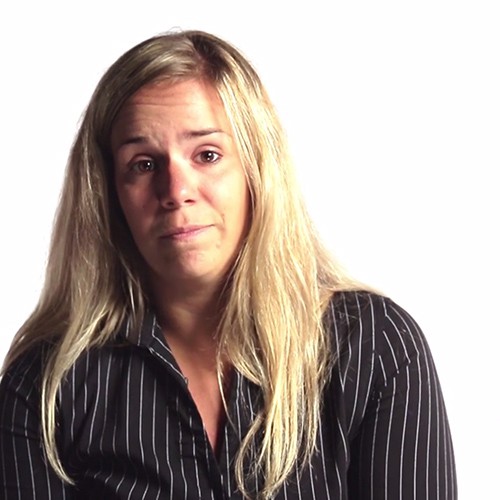
75% of white Americans say their social networks are entirely white.
publicreligion.org
73% of whites believe blacks should receive “no special favors” to overcome inequality.
igpa.uillinois.edu
10% of white American adults believe most whites are racist. 38% believe most blacks are racist.
www.rasmussenreports.com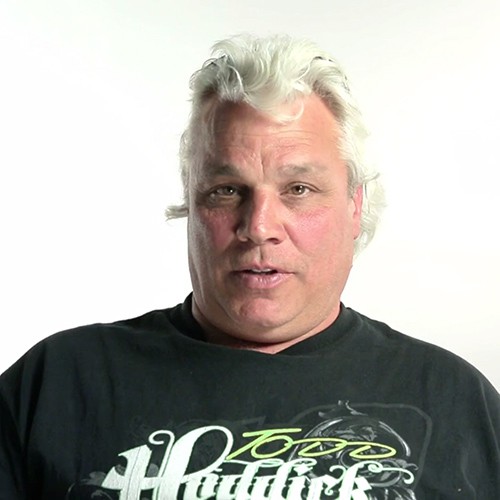
38% of white Americans believe that whites work harder than blacks.
igpa.uillinois.edu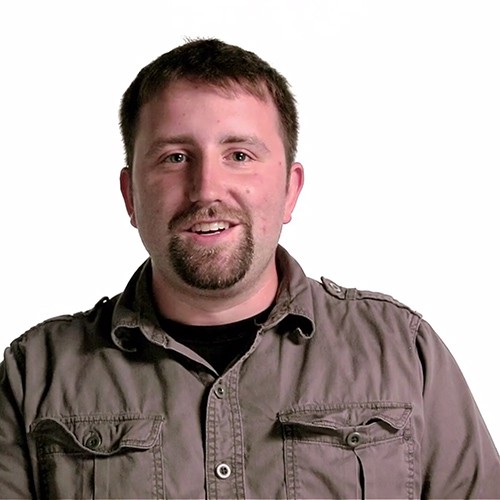
53% of blacks born in the lowest 20% of income will remain in that category, compared to 33% of whites.
www.pewtrusts.org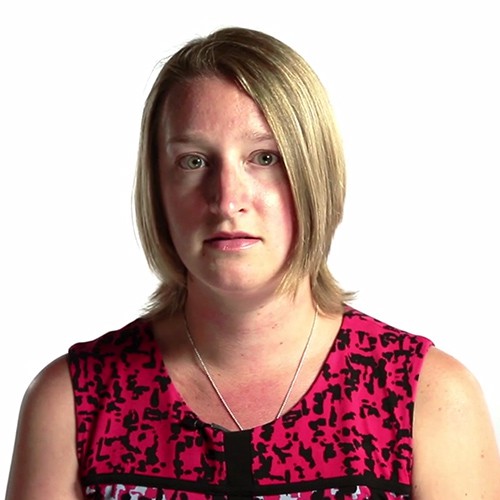
The U.S. Census Bureau classifies respondents who write in a race of Italian, Polish, French or German as “white.”
www.census.gov


Let's Talk